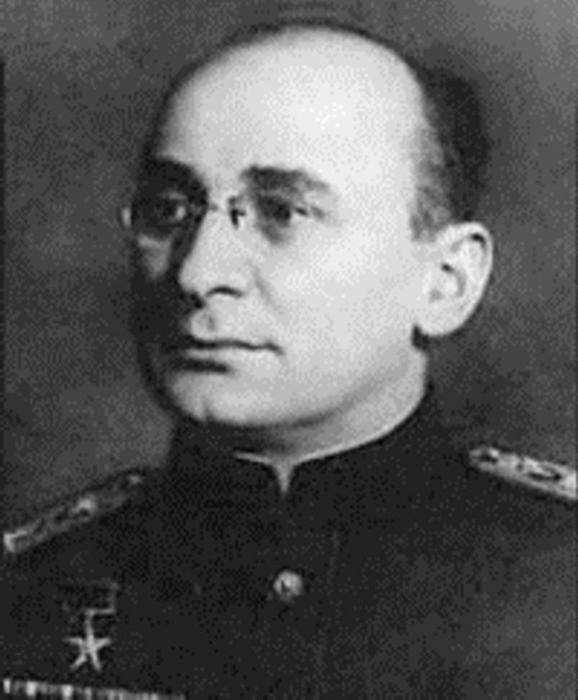Beria Lavrenty Pavlovich - a prominent Soviet political figure. During his reign, the head of the NKVD had a peak of repression.
The future party leader, Marshal of the Soviet Union, Beria Lavrenty Pavlovich was born in a small mountain Abkhaz village on March 29, 1899 (March 17, according to the old calendar). Growing up in a poor peasant's family, he sought to get out of poverty. Sparing no energy, Lawrence studied and was known as the best student of the school. In 1915, having graduated with honors from the Sukhum primary school, he entered the secondary technical school of Baku as a mechanic. Young Beria had neither money nor recommendations. About any payments to students then there was no question. Therefore, he was forced to combine work and study. In Sukhumi, he worked part time, giving lessons, in Baku he changed a number of specialties, looking for an opportunity to feed not only himself, but also his mother and sister who moved to him.

In the spring of 1917 he joined the Bolsheviks, and in the summer he was sent to the Romanian front. After the defeat of the army, returning to Azerbaijan, he enters the Bolshevik underground, led by Mikoyan, and carries out various tasks (until the advent of Soviet power in the Caucasus in 1920).
In the fall of 1919, Beria Lavrenty Pavlovich became an employee of the counterintelligence created under the Committee of the State Defense of Azerbaijan, and in April 1920 he was sent to work in Georgia, which at that time was under the control of the Mensheviks. During the organization of the uprising against the Georgian government, Beria was arrested, sent to Kutaisi prison and sent to Baku.
Beria Lavrenty Pavlovich came to the KGB work in the spring of 1921, becoming the head of the secret part of the Baku Cheka, and in late autumn 1922 - deputy chairman of the Georgian Cheka.
In 1926, Lavrenty was appointed chairman of the GPU, and since April 1927, the People's Commissar of Internal Affairs of the Georgian Soviet Socialist Republic.
Since the spring of 1931, all operations to destroy the Mensheviks and members of other parties, kulaks, and the bourgeoisie were carried out only under the personal control of Beria, who had by then taken over the chair of the Transcaucasian GPU. In the autumn of the same year, at the insistence of Stalin, he was appointed secretary of the regional committee of the party. The rapprochement between Beria and Stalin was facilitated not only by work, but also by a joint vacation in Sochi and Abkhazia. During one of them, the coast guard, not understanding the situation, opened fire on Stalin's pleasure boat. Beria shielded the leader from bullets with his body, which could not help but become the starting point for the development of closer relations between the two high-ranking officials.
Beria, whose biography is full of white spots, was the most brutal leader of the People’s Commissariat of Internal Affairs. Since the late 1930s, he led mass repressions among the state and party apparatus. According to numerous testimonies, he personally participated in the beatings and torture of prisoners. Under the leadership of Beria, mass deportations from the Baltic states, Belarus and Ukraine were carried out, Polish officers were shot.
After the
death of Stalin, the members of the Presidium of the Central Committee, frightened by the increased authority of a man in pince-nez, secretly decided to remove him from the leadership. On falsified charges on June 26, 1953, he was taken to prison. The shooting of Beria took place on the day of the
verdict by a court headed by
Marshal I.
Konev . This happened on December 23, 1953.